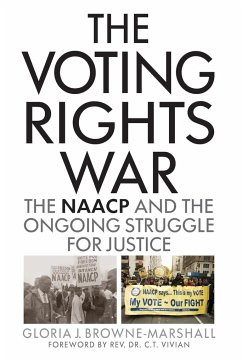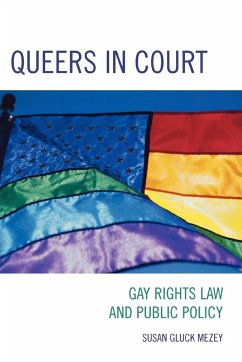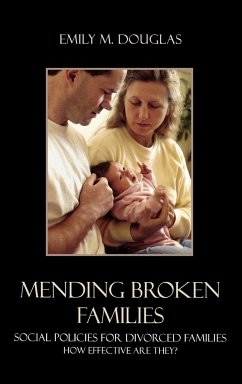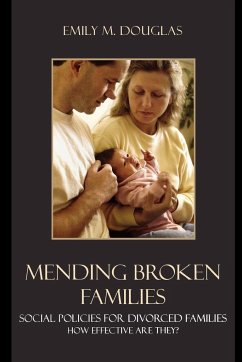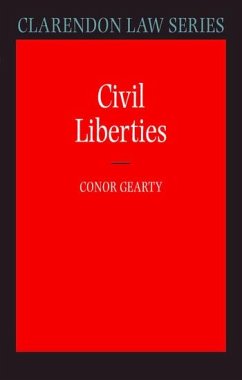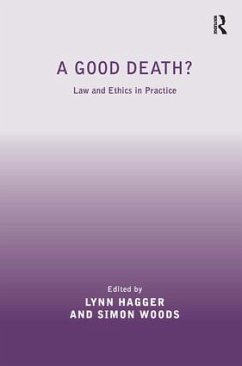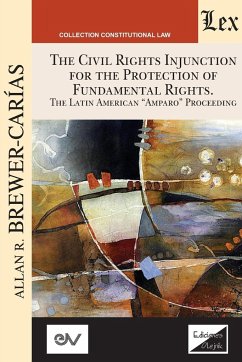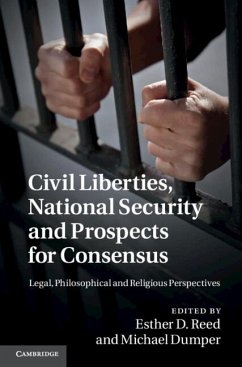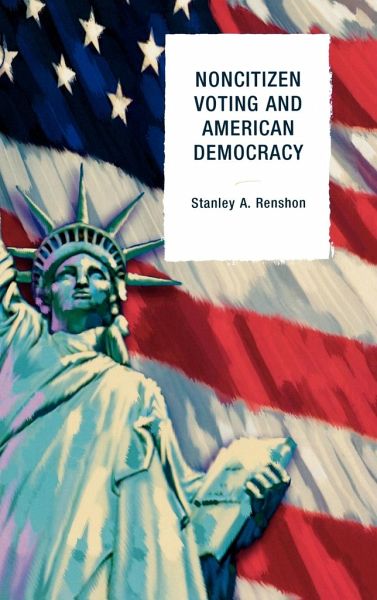
Noncitizen Voting and American Democracy

PAYBACK Punkte
57 °P sammeln!
Non-Citizen Voting in the United States is a scholarly, yet engaging, analysis of the legal, political, and historical issues surrounding the growing progressive effort to give non-citizens the right to vote in America. While challenging assumptions, on both sides of the debate, the book ultimately concludes that non-citizen voting is not currently feasible on practical, theoretical, or legal grounds.





